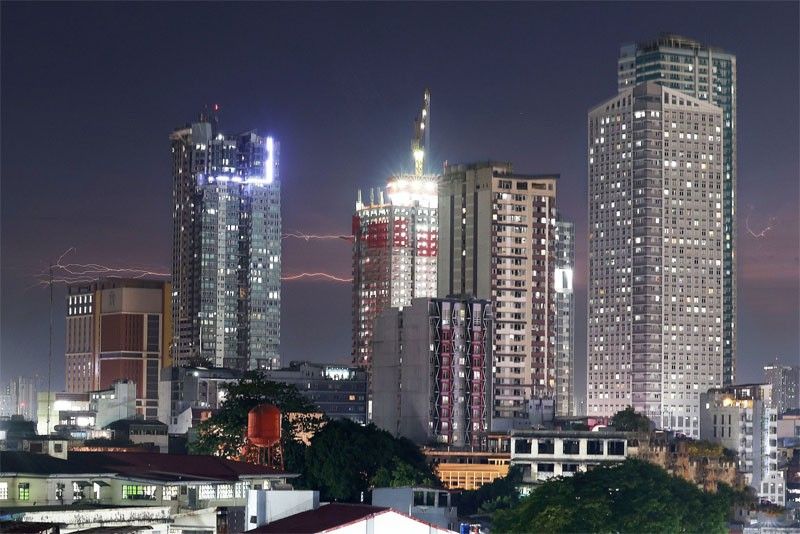... as economists see price index growth further easing to below 5 percent

MANILA, Philippines — Economists believe inflation eased for the sixth straight month in July after slowing to 5.4 percent in June.
They see inflation falling below five percent for the first time since April 2022 when headline inflation averaged 4.9 percent.
Bank of the Philippine Islands lead economist June Neri said inflation eased to 4.9 percent in July and could fall within the two to four percent target range of the Bangko Sentral ng Pilipinas (BSP) by the fourth quarter of the year.
“Such a print suggests that a sub-four percent monthly print by October or November is possible and increases the chances that the BSP can keep policy rates steady for the balance of 2023,” Neri said.
He said the upside risks on the reverse repurchase rate could come from toll, LRT or other utility fare hikes.
Neri pointed out that unfavorable weather conditions and the possibility of additional rate hikes by the US Federal Reserve from September to November could also add to upside risks.
Alvin Arogo, economist at Philippine National Bank, said inflation slowed to 4.9 percent despite the month-on-month increase due to the impact of the minimum wage hike in Metro Manila and rise in pump prices because of the spike in Dubai crude.
“We have cautious outlook regarding the persistence of second round effects, potential for weather/climate related disturbances, and impact of oil production cuts. Nevertheless, the favorable base effects will continue to be the main driver for the monthly print of year-on-year price growth to be lower than four percent in 4Q23,” Arogo said.
For the August meeting, Arogo said the BSP’s Monetary Board is likely to hold interest rates for the third time in a row.
“This is appropriate since inflation is trending downwards and the manufacturing sector’s leading indicator is suggesting slower growth moving forward. If the exchange rate sharply weakens due to the lower BSP-Fed interest rate differential, however, then we believe that BSP will act fast. This can be in the form of a clear advance guidance or even an unscheduled meeting,” Arogo said.
ING Bank lead economist Nicolas Mapa said headline inflation averaged 4.8 percent in July.
“BSP to consider this data point alongside the path of inflation against developments such as the recent Fed hike in its next decision,” Mapa said.
Domini Velasquez, chief economist at China Bank, said inflation likely jumped down to 4.7 percent in July as lower utility rates offset higher prices of food and pump prices.
Velasquez said electricity rates in all regions fell substantially from the previous month, especially in Mindanao and Batangas.
“This likely resulted in a negative month on month inflation rate for non-food items. On the other hand, we saw upticks in major food commodities such as rice, fish, fruits, and vegetables. This was likely brought about by the warmer weather in July,” Velasquez said.
Recent typhoons, she said, could also negatively impact food prices in the coming months, especially rice and corn in the north due to Typhoon Egay.
According to Velasquez, a stronger peso in July could have also led to muted inflation rate for the month.
Security Bank chief economist Robert Dan Roces said inflation likely softened to 4.7 percent in July, with a range of 4.5 to 5.1 percent.
Roces explained further slowdown in the consumer price index (CPI) indicates a moderate level of inflation.
- Latest
- Trending
































